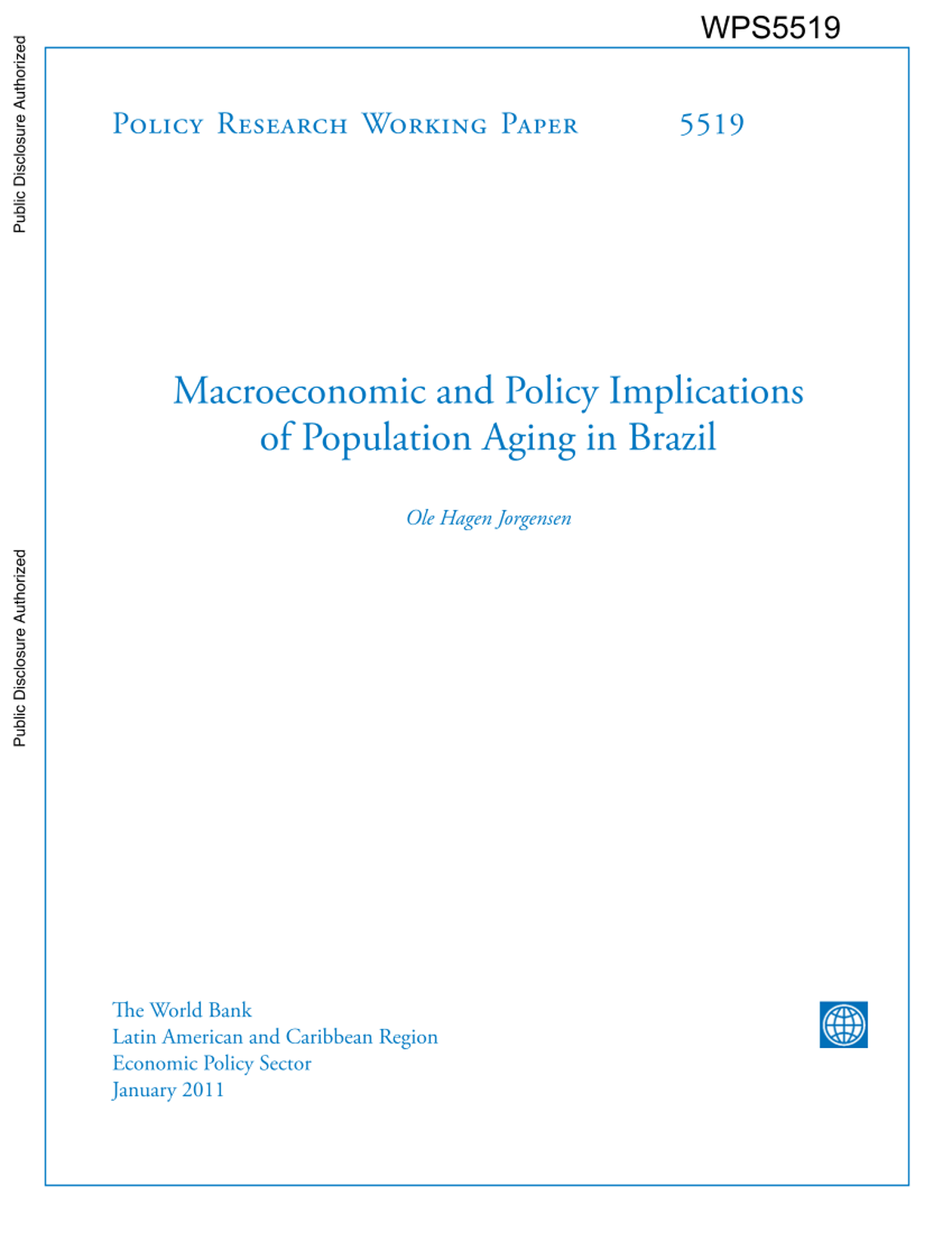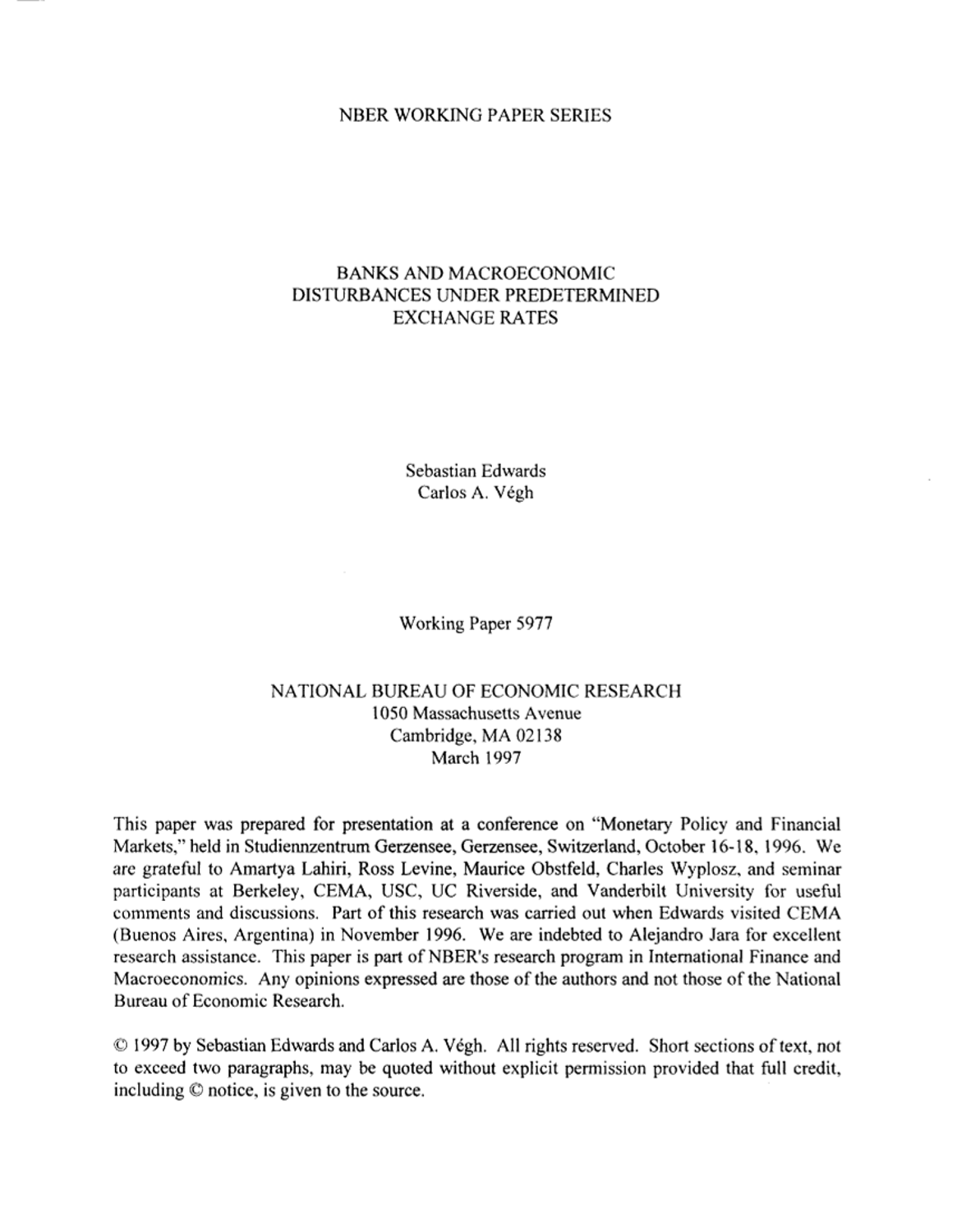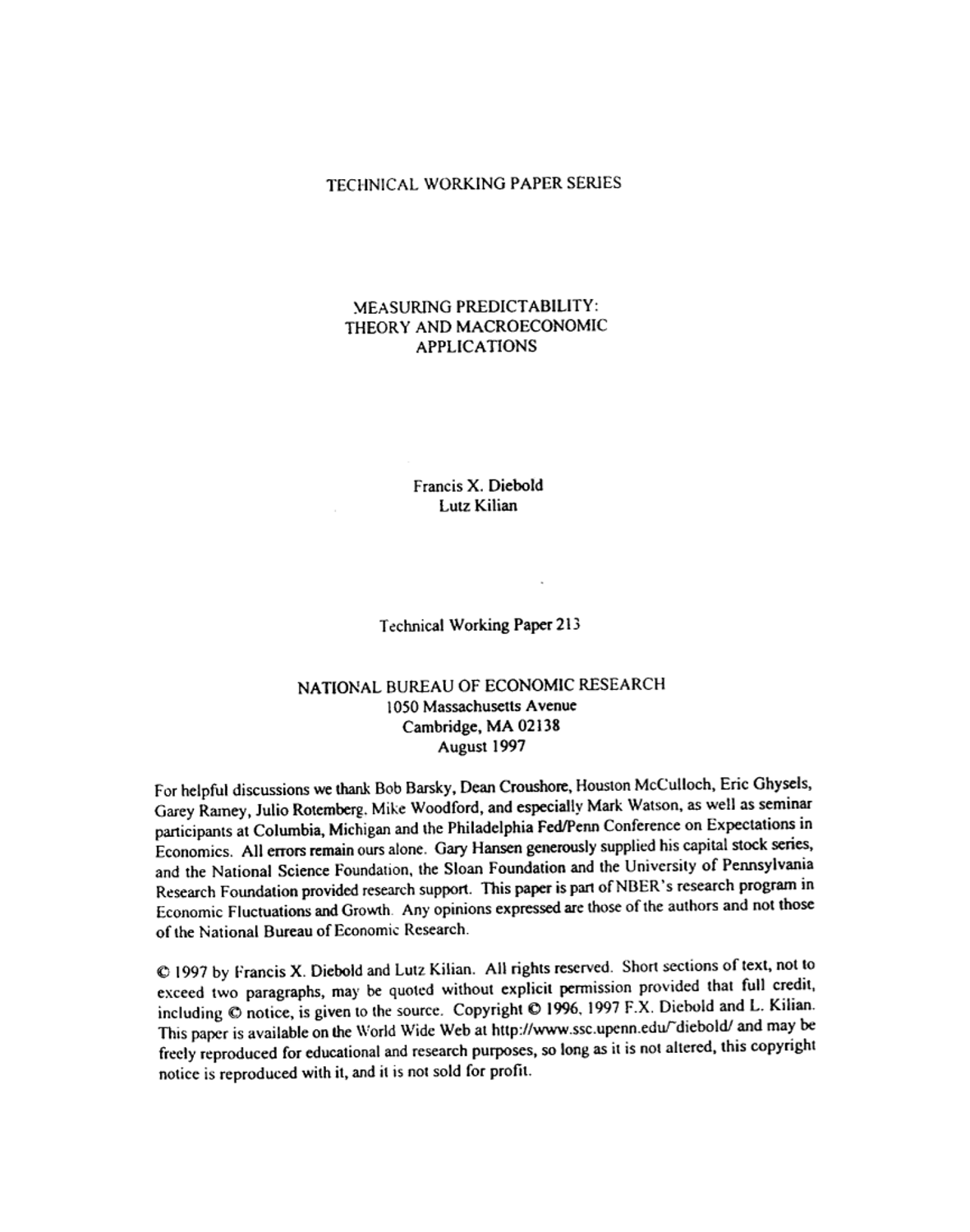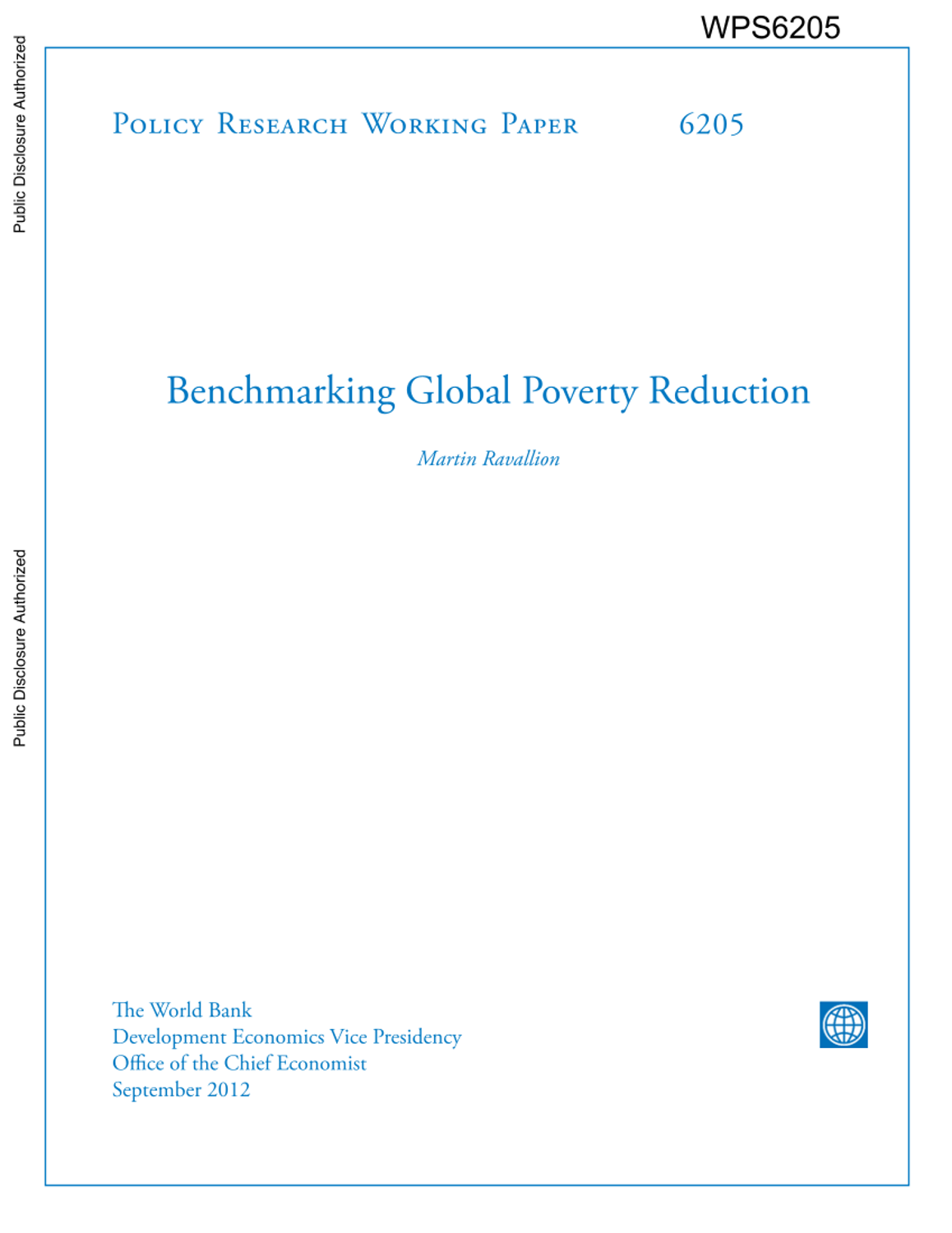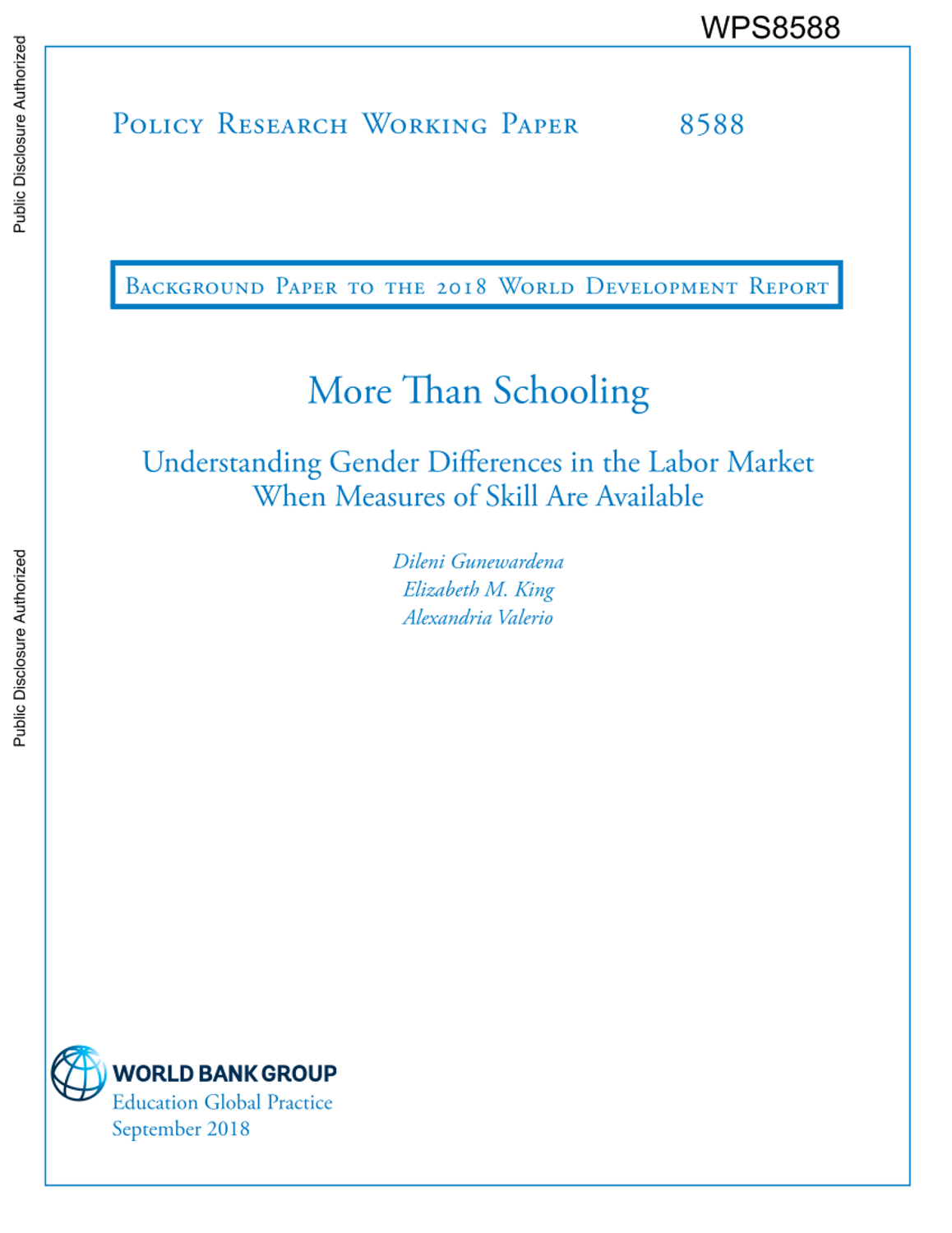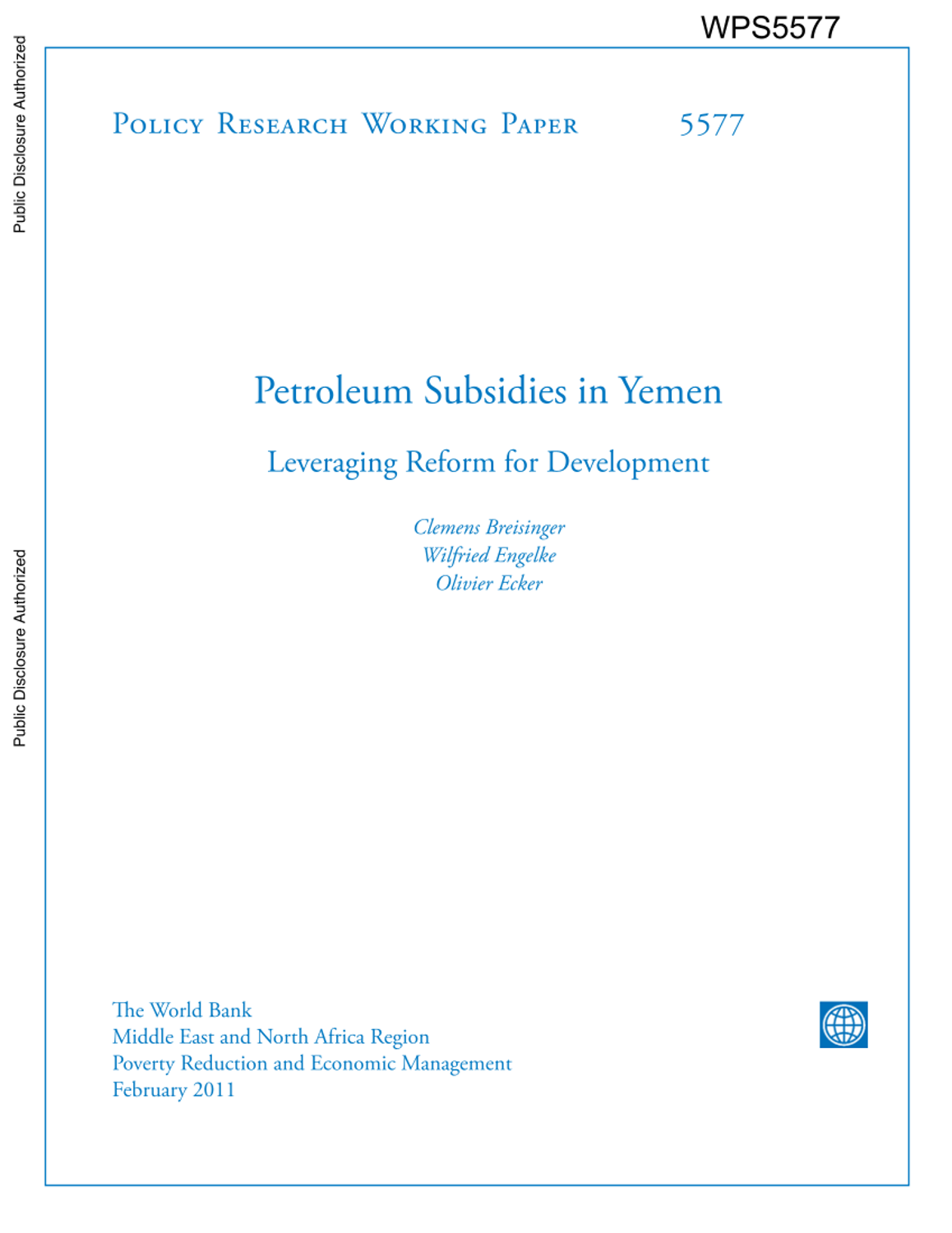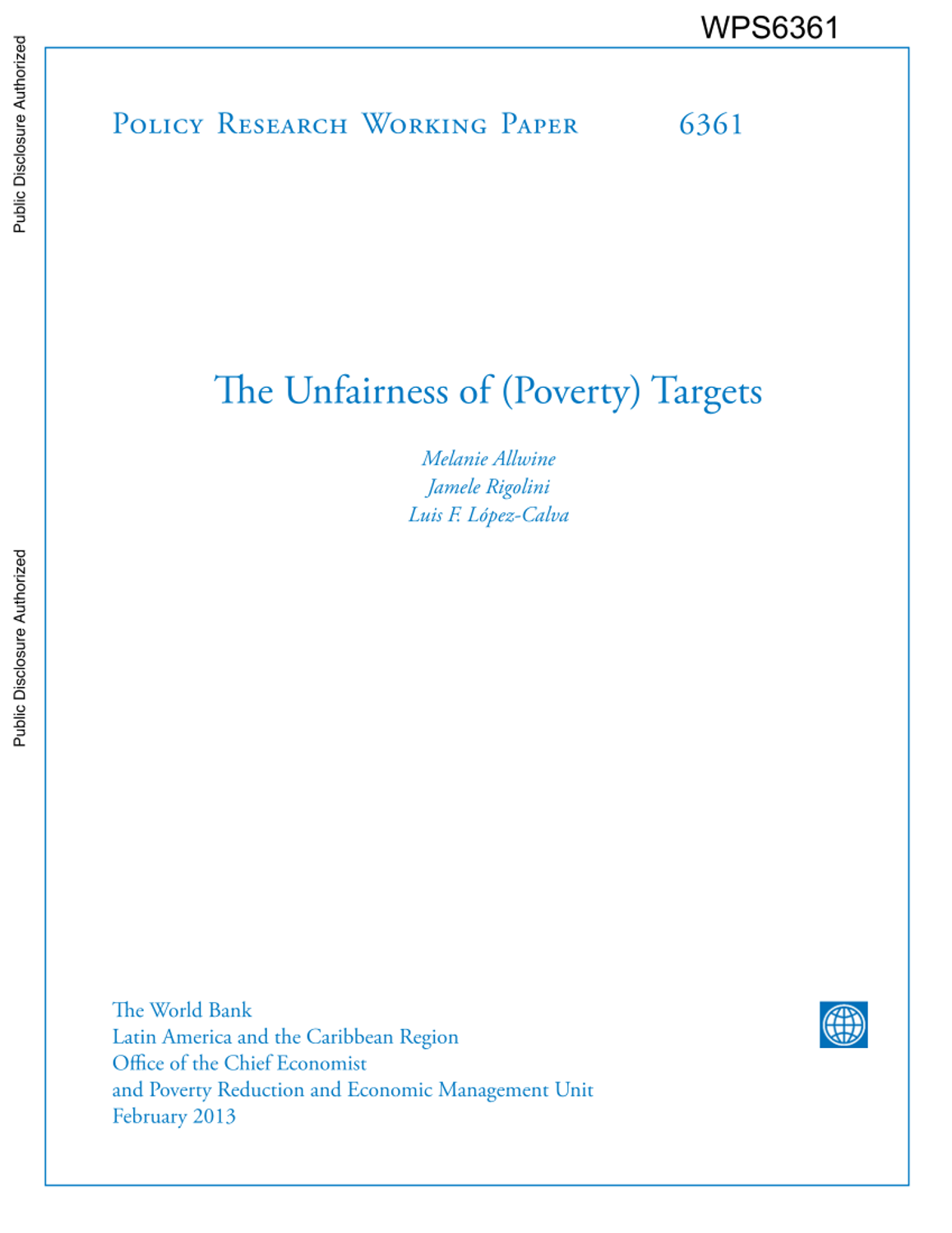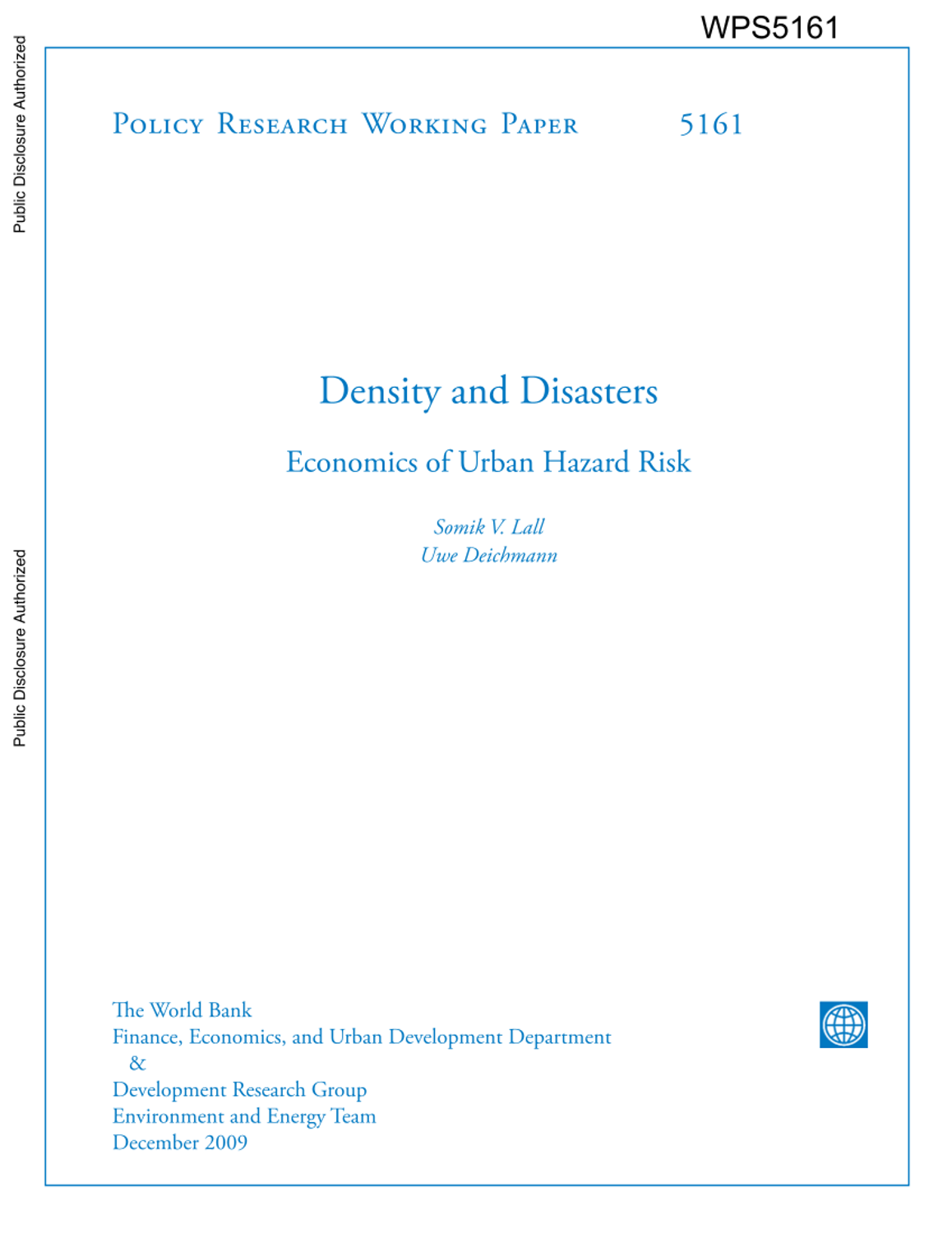연구보고서World Bank Policy Research Working Paper 5519
Macroeconomic and policy implications of population aging in Brazil
- 청구기호
- WPS 5519
- 발행사항
- Washington,D.C : World Bank, 2011
- 형태사항
- 36 p. :. PDF file ;. 905 KB
- 바로가기
소장정보
| 위치 | 등록번호 | 청구기호 / 출력 | 상태 | 반납예정일 |
|---|---|---|---|---|
이용 가능 (1) | ||||
| E0001207 | 대출가능 | - | ||
이용 가능 (1)
- 등록번호
- E0001207
- 상태/반납예정일
- 대출가능
- -
- 위치/청구기호(출력)
책 소개
This paper analyzes the macroeconomic implications of population aging in Brazil. Three alternative yet complementary methodologies are adopted, and depending on policy responses to the fiscal implications of aging, there are two main findings: First, saving rates could increase and not necessarily fall as a consequence of aging in Brazil -- thus contradicting conventional views. Second, lifetime wealth across generations could increase -- as capital deepening generates a second demographic dividend. Two policy responses to aging are emphasized: First, a structural policy response of linking mandatory retirement (or entitlement) ages to increasing life expectancy would boost labor supply and reduce the fiscal costs of aging. Second, in terms of preferable parametric policy responses, the second demographic dividend will be promoted to the highest extent by keeping taxes and debt unchanged while allowing public pensions to adjust downward. Such a policy response would keep pensions from further crowding out private saving -- thus balancing capital accumulation with intergenerational income distribution. In conclusion, Brazil will not necessarily experience a fall in saving and growth, but if government policies are appropriately, adequately, and timely formulated, population aging is likely to lead to substantial capital deepening and increases in lifetime income, wealth, and welfare.

